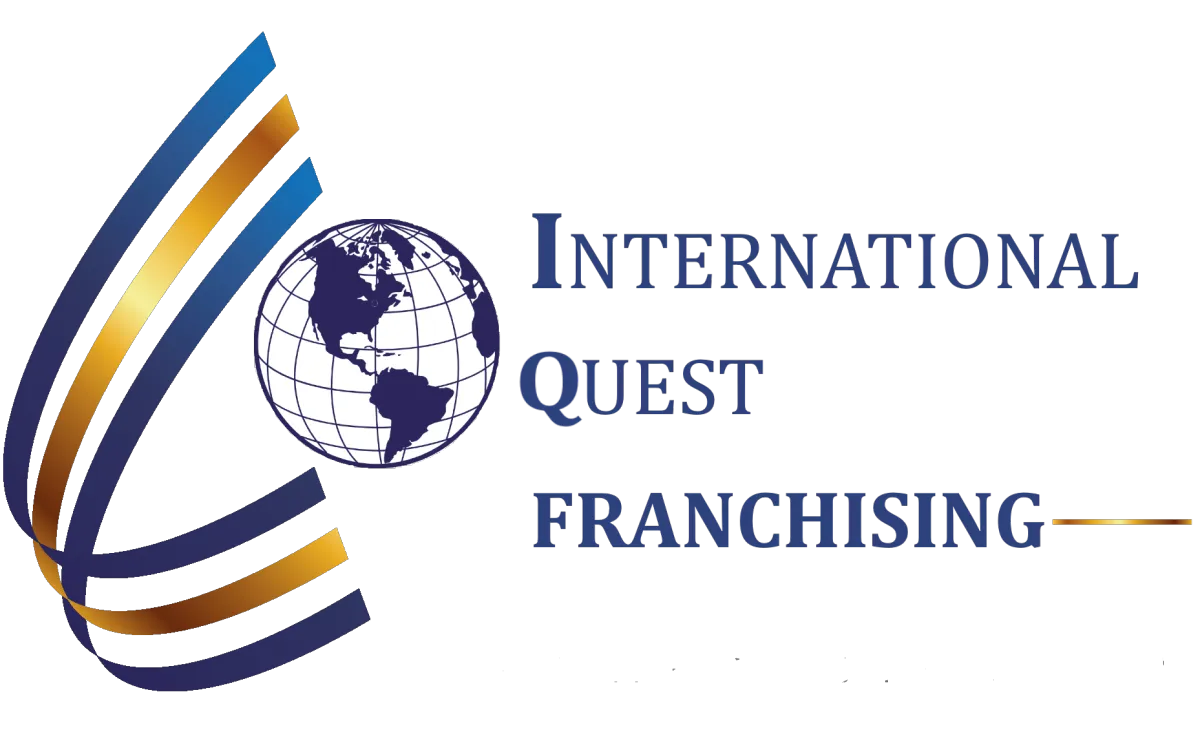
Crafting a Franchise Disclosure Document (FDD) for Transparency
Introduction to Franchise Disclosure Document (FDD)
Within the franchising world, the Franchise Disclosure Document (FDD) serves as a critical tool that defines and guides relationships between franchisors and franchisees. The FDD is a legal document that provides prospective franchisees with essential information about the franchise, ensuring they can make informed decisions. In the United States, the Federal Trade Commission (FTC) regulates the use of FDDs, requiring franchisors to present them to potential franchisees at least 14 days before a sale.
With an FDD, transparency and trust are paramount. It contains details that cover the entire scope of the franchise relationship, offering insights into the business's credibility and ethical standards. A typical FDD is structured into 23 essential sections or items, each covering different aspects of the franchise. Its primary audience includes potential franchisees, investors, and legal advisors, who rely on this document to navigate their decision-making processes. Providing clarity and transparency, the FDD plays a vital role in building trust and fostering successful franchise relationships.

Need Help? Use International Quest Franchising, LLC
IQ Franchising helps businesses grow and expand through franchising by working closely with clients to build strong, successful franchise systems. We start by understanding your business, then develop a strategic plan that addresses challenges and maximizes profits. Our expertise in project management and operational efficiency, like Lean & Six Sigma, ensures your franchise system is both effective and sustainable. With our support, your business can thrive, and franchisees can make a positive impact in their communities. Let us help you achieve success and reach your franchising goals. To learn more, Visit. (916) 774-7142
Key Components of an FDD
The FDD is composed of 23 vital items, each providing crucial insights into the franchise. These items range from the franchisor's history to financial statements and obligations. Elements such as Item 1, which introduces the franchisor, and Item 7, detailing estimated initial investments, are critical in evaluating the franchise's value. Each component's significance cannot be overstated, as it provides the necessary detail to understand the franchise offering fully.
Interpreting financial statements and projections can seem daunting, but it's essential for assessing profitability and risk. The FDD includes details on franchise fees, royalties, and other financial commitments, including ongoing costs. Potential franchisees must grasp these figures to understand their investments and expected returns. Beyond finances, information about training, operations, and support are pivotal for evaluating the level of assistance a franchisee will receive, influencing their decision to move forward with a franchisor.
Ensuring Transparency in the FDD
Accurate representation of a franchise system within the FDD is fundamental in fostering trust. Misleading information can damage relationships and lead to disputes. Common pitfalls include vague language, omitted details, or overly optimistic projections. Engaging legal and professional advisors in drafting and reviewing the FDD can prevent these pitfalls and enhance accuracy.
Updating the FDD regularly is crucial to reflect any modifications within the franchise system. This proactive approach ensures transparency and keeps franchisees informed of changes. Strategies like employing straightforward language and clear, concise formatting can significantly boost readability and comprehension, helping potential franchisees better understand the franchise opportunity.
Compliance and Legal Considerations
Adhering to the requirements set by the FTC and other regulations ensures that a franchisor remains compliant. The consequences of non-compliance can be severe, including monetary penalties and legal actions. To meet legal obligations, franchisors must be meticulous in compiling their FDD and regularly reviewing it for adherence to both federal and state-specific laws.
Each state may have varying regulations affecting franchise agreements and FDD content. Failing to comply with these nuances can lead to complications. Learning from case studies of successful compliance can offer valuable lessons, demonstrating the importance and benefits of adherence while avoiding potential pitfalls.
The Role of the FDD in Franchise Development
A well-crafted FDD is instrumental in franchise development, acting as a foundation for sales and expansion. It sets realistic expectations for both parties, reducing the potential for conflicts. By offering full transparency, franchises can differentiate themselves and gain a competitive edge in the market. Franchisees are eagerly seeking business partners who prioritize openness and integrity.
Feedback from franchisees can further refine the FDD, helping to resolve issues and improve clarity for future disclosures. Best practices integrate the FDD into a broader growth strategy, turning it into more than just a legal requirement but a powerful tool for fostering expansion and mutual understanding between franchisors and franchisees. The FDD, when crafted with attention to detail, serves as a cornerstone of effective franchise relationships.
International Quest Franchising, LLC
Business Address: 3017 Douglas Blvd. Ste. 300
City: Roseville
State: CA
Zip: 95661
Phone: (916) 774-7142

